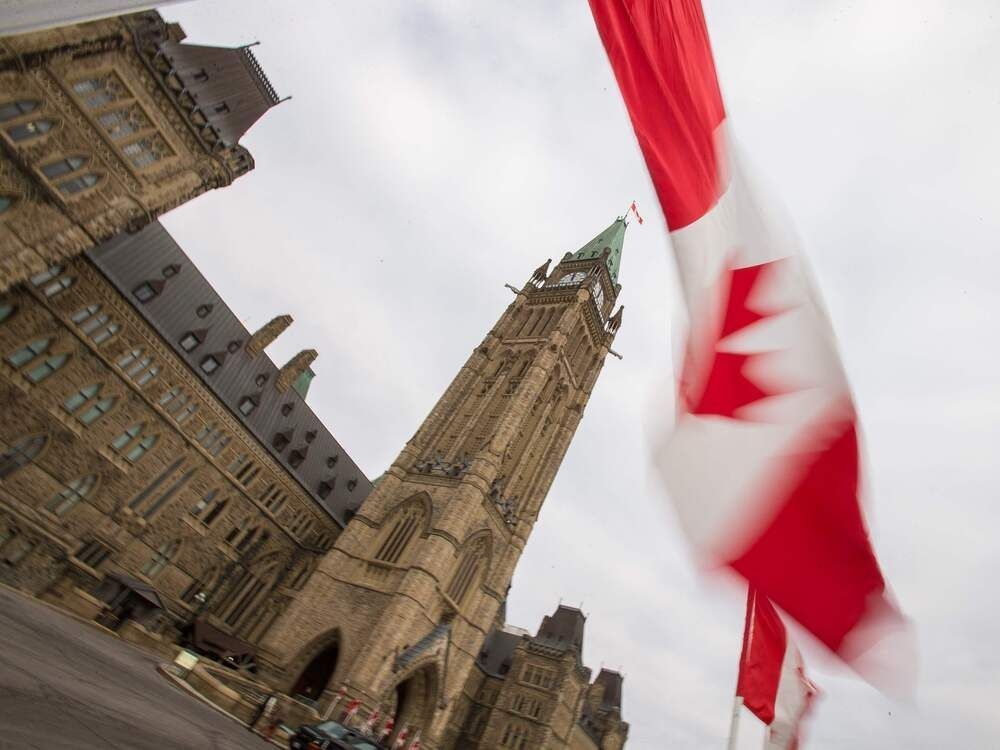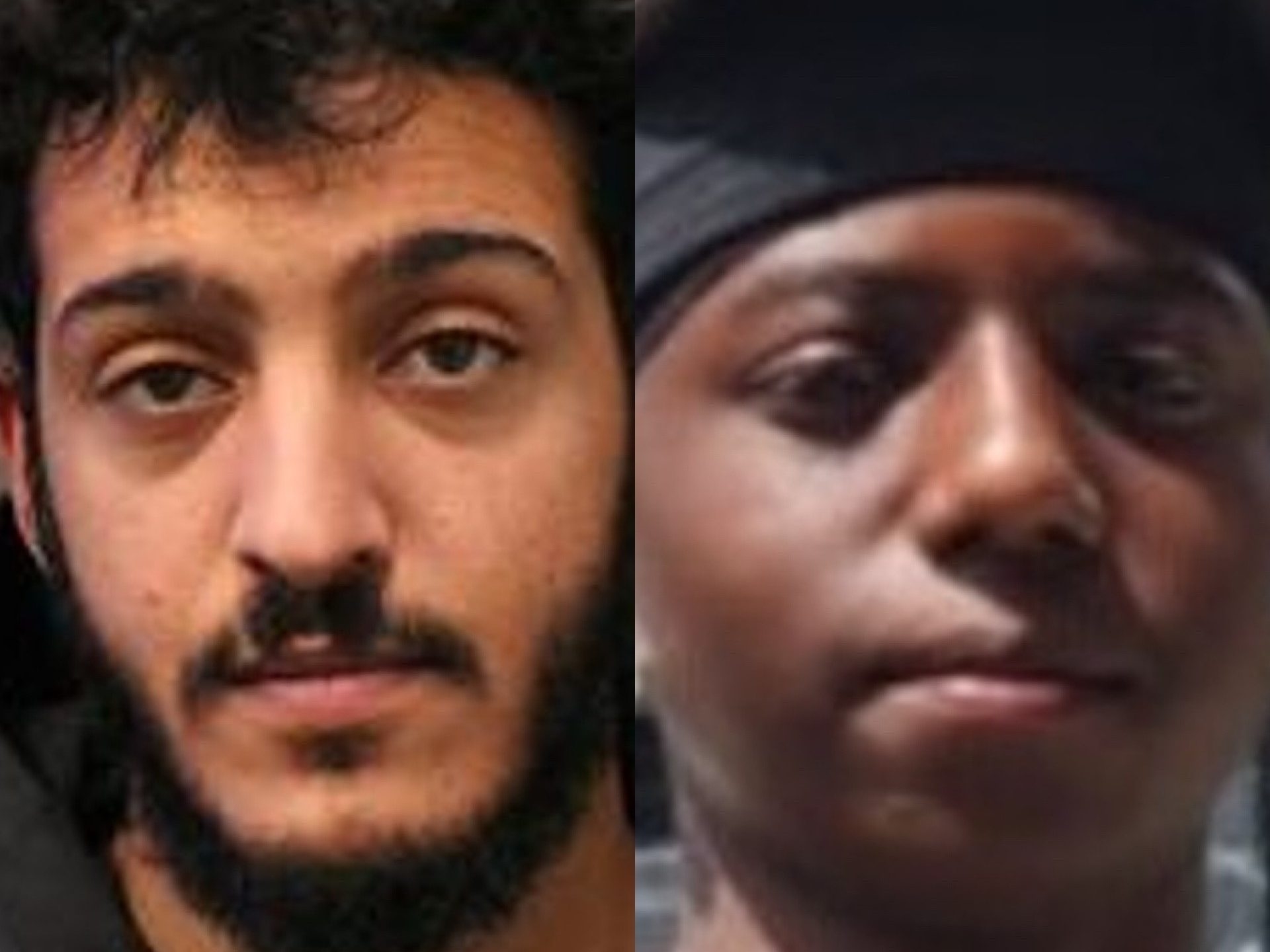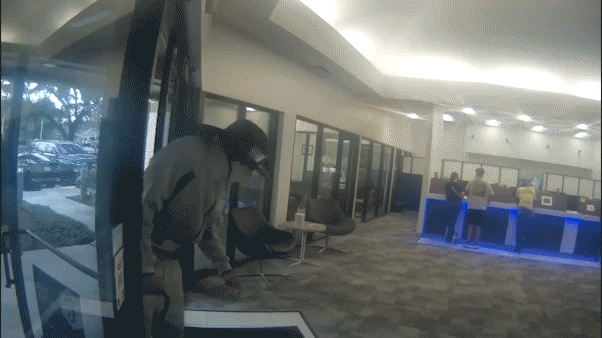A dramatic shift is unfolding in Chicago’s streets, marked by a significant decline in violent crime following a controversial federal operation. Launched in September, the initiative has sparked intense debate, even as statistics reveal a striking trend: the city is becoming safer.
The numbers paint a stark picture. Murders have fallen by 15%, robberies by 41%, and the particularly alarming surge in carjackings has plummeted by 48%. Public transit, once a source of growing concern, now shows a 20% reduction in crime, while shootings have reached their lowest levels in four years – a 35% decrease.
Federal officials attribute this turnaround to the removal of individuals deemed high-risk, specifically those with criminal records and immigration violations. The operation directly challenged long-standing “sanctuary” policies, a move proponents claim has finally begun to address the root causes of Chicago’s crime crisis.
However, the operation hasn’t been without fierce opposition. Illinois Governor J.B. Pritzker and Chicago Mayor Brandon Johnson have vocally condemned the federal presence, alleging a disproportionate impact on communities of color and even American citizens.
Governor Pritzker demanded the federal agents refocus their efforts on “the worst of the worst,” and if unable to do so, to leave Chicago altogether. He expressed concern that the operation was casting too wide a net, ensnaring individuals who didn’t represent the most serious threats.
The individuals targeted included a documented Latin Kings gang member with a history of burglary and driving under the influence, as well as an individual previously convicted of sexual assault and burglary. Authorities also identified those with convictions for murder, weapons offenses, and manslaughter.
Mayor Johnson leveled particularly strong accusations against a Border Patrol commander, Gregory Bovino, alleging behavior designed to “provoke terror” within the city’s Black and Brown communities. He described Bovino’s actions, including a public salute during a court appearance and the use of hip-hop music in accompanying social media posts, as overtly racist and deeply offensive.
The core of the dispute lies in differing philosophies regarding law enforcement and immigration. While federal officials maintain their focus on removing dangerous criminals, local leaders argue the approach is divisive, harmful, and ultimately ineffective in fostering long-term public safety.
The debate continues to rage, fueled by statistics and accusations, as Chicago grapples with the complex interplay of crime, immigration, and federal intervention. The city now stands at a crossroads, its future safety hanging in the balance.






